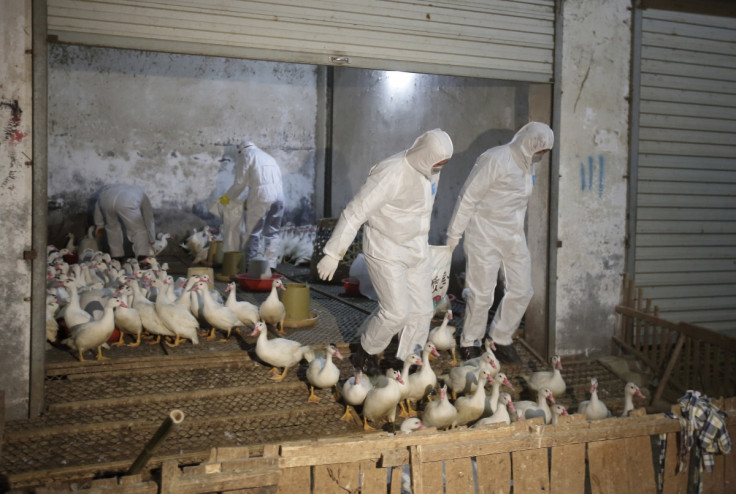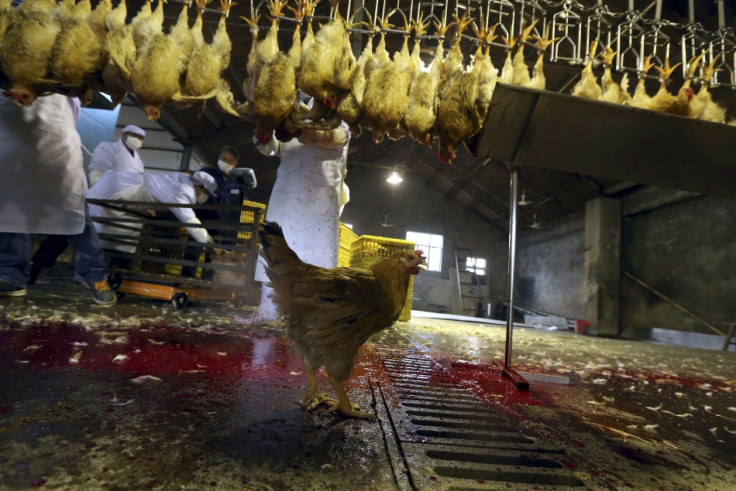Bird Flu Experiments 'Pose Huge Risks to Mankind' with Threat of Global Pandemics

Experiments with virulent strains of bird flu pose a huge risk to mankind and have the potential to cause global pandemics, scientists have said.
In an editorial by researchers at Harvard School of Public Health and Yale School of Public Health, a group of scientists have called for greater scrutiny of experiments performed on avian flu strains around the globe.
They say the risk of accidental release is high, pointing out that it was through the 1977 pandemic that H1N1 flu was accidentally released from a laboratory in Russia or China.
Marc Lipsitch, from the Centre for Communicable Disease Dynamics at HSPH, said: "These recent studies raise strong ethical questions. We have accepted principles, embodied in the Nuremberg Code, that say that biomedical experiments posing a risk to human subjects should only be undertaken if they provide benefits that sufficiently offset the risks – and if there are no other means of obtaining those benefits.
"Although these experiments don't involve people directly, they do put human life and well-being at risk."

Published in PLOS Medicine, the researchers say several recent papers have shown successful efforts to manipulate the ability for bird flu strains to pass between ferrets, which responds to the virus in a similar way to humans.
Experiments on these diseases, known as potential pandemic pathogens (PPPs), are conducted under high-level security. They are performed to provide evidence for improved pandemic flu surveillance and vaccine design.
The authors say that safer methods exist for studying influenza, so the potential benefits of PPPs do not outweigh the risks of accidental release – and possible global spread.
Estimating the risk of release, the authors said if 10 high-contamination laboratories performed experiments for 10 years, there would be a 20% chance of at least one infection getting out. In countries with less strict rules, the risk is higher, they added.
"Although it is unlikely that one of these PPPs will be released, it is enough of a possibility that we need to consider the risk and whether we could gain the same or greater public health benefits from spending the same money and resources on safer experiments," Lipsitch said.
© Copyright IBTimes 2025. All rights reserved.






















